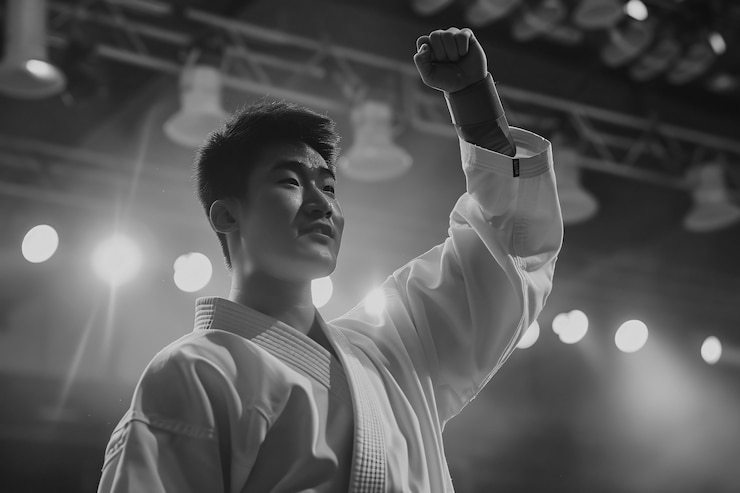
Learning how to protect yourself is crucial, and among the many martial arts available, Jiu-Jitsu stands out as one of the most effective for self-defense. Here’s why.
Jiu-Jitsu builds real grappling strength—something you can only develop through hands-on practice. While lifting weights may bulk up your muscles, it doesn’t necessarily translate to the kind of strength needed to control an opponent in close combat. JJ training enhances your ability to grip tightly and resist being overpowered, a vital skill in any physical confrontation.
This kind of strength isn’t built overnight. It takes consistent practice and the guidance of skilled instructors. Choosing the right trainer is essential—they’ll push your physical and mental limits while teaching you how to defend yourself efficiently.
Jiu-Jitsu prepares you for real-world scenarios. You’ll learn to manage threats both standing and on the ground, including defenses against weapons like knives, guns, and clubs. The training emphasizes realistic situations, helping you stay in control before an attack even begins.
You’ll also practice simple yet effective escapes and holds, using leverage rather than brute force. JJ teaches that counter-attacking isn’t always necessary—sometimes, control and restraint are more powerful than striking back.
In street situations, Jiu-Jitsu proves incredibly useful. It equips you to neutralize threats quickly and with minimal harm. But remember, the street has no rules. You could face multiple attackers, some armed, and the environment itself—like concrete—can be dangerous. Always assess your surroundings. If you’re outnumbered, escape is often the smartest move.
When confrontation is unavoidable, knowing your position and using your skills wisely can make all the difference. Jiu-Jitsu empowers you to handle threats with confidence and control.
If you’re serious about learning self-defense, Jiu-Jitsu is a top choice. Just be sure to research and compare instructors before committing to a class.






